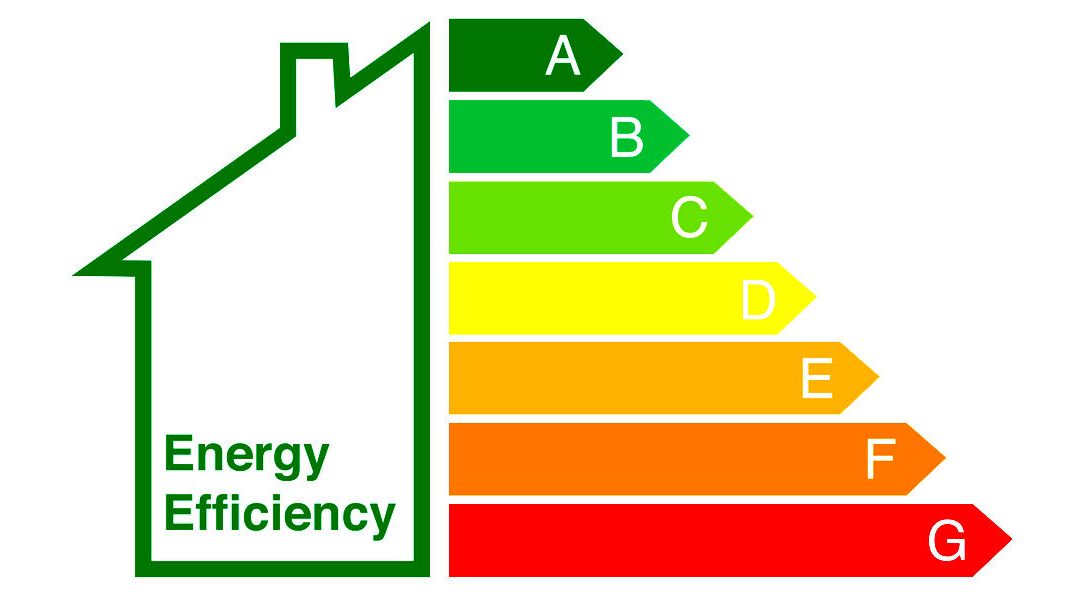Why you need to check your home’s EPC rating
By law, anyone selling or letting a property must get it professionally assessed so it’s marketed with an Energy Performance Certificate (EPC) in place.
This is normally something estate agents offer to arrange for their vendor clients – but agents’ fees for doing this are sometimes not made 100% clear – so it’s often cheaper to arrange this yourself.
But the truth is, when you’re buying a home things like energy performance usually lag somewhere near the bottom of the list of most important features. So what if the house or flat you’re buying costs more to run in energy consumption? You can always upgrade the insulation later – the EPC tells you what measures you can take to improve its future performance and cut heating bills.
However it’s important to be aware that mortgage lending is getting ever tighter on properties with poor EPCs ratings – which usually means older properties. As time goes by and the UK’s housing stock carbon emissions need to be further reduced this will have ever greater impact on your home’s saleability and lettability.
So if you buy somewhere with a poor EPC rating it could be storing up trouble for the future.
At present this mostly affects rented properties. If you take out a Buy To Let (BTL) mortgage it must meet a minimum EPC rating of A-E to be deemed fit for letting. If not the bank will probably decline the mortgage causing major problems. And if a property isn’t readily ‘mortgageable’ its market value will plummet!
Fortunately there are some exemptions – although this may change in future. So if a landlord cannot reach a minimum EPC rating of E despite having undertaken all possible improvement works (up to a value ceiling of £3,500), they can register a “high cost” exemption under section 25 (1) of the MEES Regulations – so the property is then deemed to be lettable. But in practice, the complexity of trying to get this approved for mortgage valuation purposes can be quite daunting.
So where a landlord’s property has a low EPC rating of F or G they will need to provide confirmation that their property has a ‘high cost’ exemption on the PRS register. This is more likley to affect Listed buildings where the cost and practicality of upgrading is likely to prove problematic, and result in formal exemption.
Bear in mind however that as time goes by and legislation becomes ever tighter (both for letting and sale) properties with poor EPC ratings will become harder to sell and hence will lose value.
Our next blog – coming soon …….
Exchange of Contracts – making sure nothing goes wrong
Check out our Rightsurvey blog page for more industry tips and secrets written by property professionals to help put you in control.



